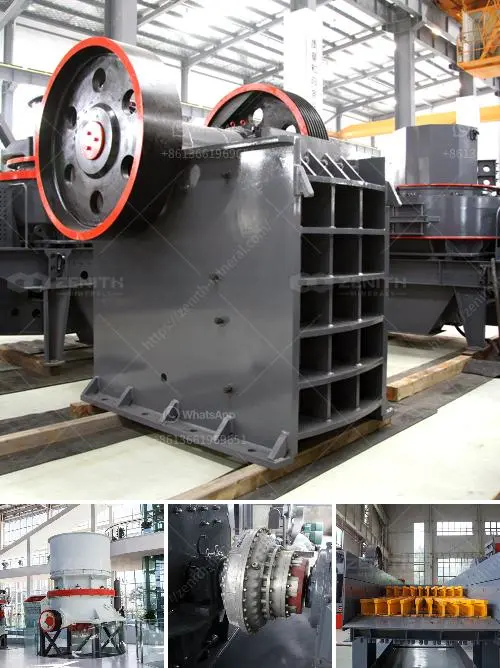Investing in high-capacity crushers for limestone can be cost-effective under certain conditions. Here are a few factors to consider:
Volume and Demand: If your operations involve a high volume of limestone processing and there's consistent demand, a high-capacity crusher can be a worthwhile investment. It enables efficient processing of large quantities, potentially lowering the cost per ton.
Operational Efficiency: High-capacity crushers often offer improved technology and automation, leading to better efficiency, reduced workforce requirements, and lower operational costs over time.
Quality and Consistency: These crushers can improve the quality and consistency of crushed limestone, which may enhance the end product and increase profitability.
Long-Term Savings: While the initial investment may be substantial, high-capacity crushers are typically durable and require less maintenance, leading to long-term savings.
Economic Scale: Consider if your operation will save money with increased automation and efficiency, creating a cost-effective advantage by reducing overhead.
Market Conditions: Assess market conditions and potential growth. If the limestone market is expanding, the investment might pay off as demand increases.
Alternative Costs: Compare costs of alternative solutions or lower-capacity equipment to ensure that you're making the best choice for your operation's specific needs.
Environmental Impact and Compliance: Modern crushers often meet stricter environmental regulations, reducing potential penalties and aligning with sustainability goals.
It's essential to conduct a thorough cost-benefit analysis considering these factors and consult with industry experts to determine if it aligns with your business goals and financial capacity.
